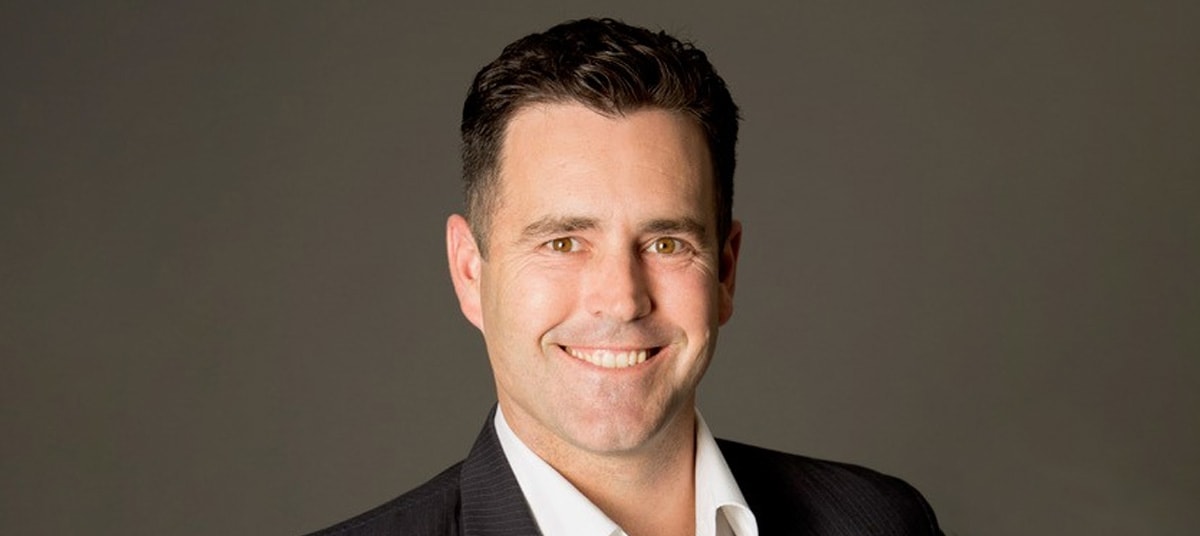
Brokers have been encouraged to use the start of a new financial year as a chance to ensure their businesses are set up for success.
A new financial year is the time for brokers to think about their business strategy, identify what is and isn’t working, and lay the foundations for success, according to Gus Gilkeson, CEO of Grow Capital.
The experienced broker described “time, team and money” as the primary pain points for most businesses.
“Running a business is largely formulaic, regardless of what industry you’re in,” he said.
“We know that the three primary pain points experienced by more than 90 per cent of businesses are around time, team and money.
“Getting the formula and the process right means you can focus on these areas, whether it’s freeing up your time, growing your team or growing financially.”
Gilkeson also encouraged brokers to use this time to focus on their mental and physical wellbeing.
“Business owners wear many hats, often all at once, and one of the key areas we see being neglected most frequently is themselves,” he added.
“Unless you’re actively looking after yourself, you won’t last and it’s likely your business won’t either.
“Unfortunately, too many business owners promise themselves they’ll rest or prioritise their health once they hit the next milestone, but I would argue that unless you take a holistic approach then you might not reach the next stage of growth.”
Getting the balance right
The co-author of Funding Business Growth also offered several tips to help brokers reset their business in a new financial year.
- Don’t rush the big decisions “Whether you’re applying for a business loan, recruiting for your next hire or expanding your product offering, take the time to ensure you’ve done your due diligence. There are no shortcuts to success.”
- Know your options, particularly in regard to finance. “There are so many misconceptions around finance for SMEs but there’s a huge range of funding available, based on your current business position, strategy and goals and the information you present to lenders.”
- Seek expertise from industry resources or specific advice from professionals, as filling knowledge gaps can prevent missteps.
- Ask for feedback when things don’t go your way. “In some cases, you might be able to provide more information and change the outcome, but even if you can’t, the feedback will provide a valuable lesson for next time.”
Set up for success
In a recent appearance on the Elite Broker podcast, Gilkeson spoke on his journey through the finance industry, sharing advice he’d offer new brokers who want to follow a similar path.
“Having the right intention is a big one. If you’re doing this for the money or thinking of doing this for the money, it’s the wrong idea. It’s not the easiest of businesses,” he said.
“You need to have at least 12 months of income up your sleeve or saved/have access to before you start in this industry. You might earn prior to that, but to be safe, you need to have at least that.
“If you haven’t worked in the industry, a mentor is really important. And finding the right association for you and the right aggregator as well.”
Tune in to hear more!
Find out more about how Gus Gilkeson has built a thriving broking business on the Elite Broker podcast episode, ‘How this finance broker is helping SMEs grow’, here.
[Related: Finsure rolls out mental health initiatives for broker network]

